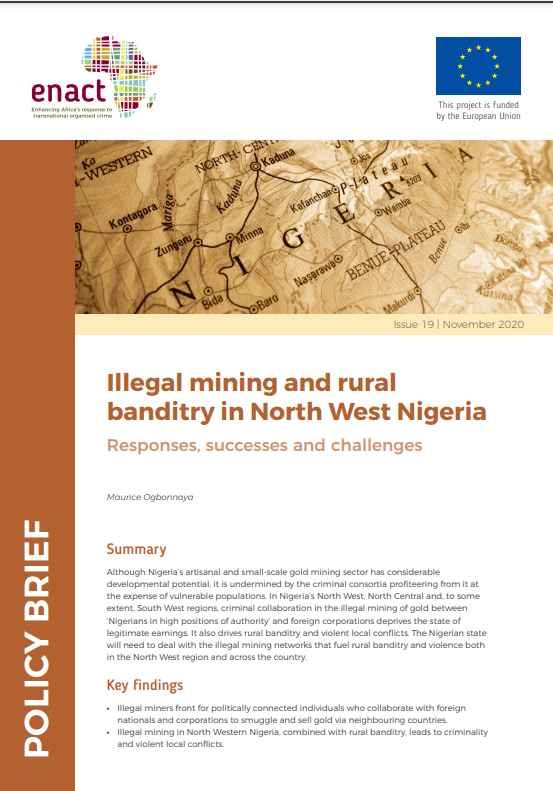By Matthew La Lime
Black Axe’s violent organized criminal network undermines economic development and political reform within Nigeria while scamming victims abroad out of billions via cybercrime.
A 21-country INTERPOL initiative known as Operation Jackal III targeting Black Axe, the Nigerian organized crime group, led to the arrest of 300 suspects and the seizure of $3 million in assets in a sting operation culminating in July 2024. While a victory for law enforcement, the action is unlikely to make a dent in the operations of Black Axe, which has an estimated 30,000 members in dozens of countries and yearly proceeds estimated to exceed $5 billion.
First founded in 1977 at the University of Benin in Edo State as a pan-African Black Power student confraternity, Black Axe has since morphed into a sophisticated multinational criminal enterprise with cells in the United States, Canada, Italy, Brazil, Argentina, Ireland, the United Arab Emirates, South Africa, France, the United Kingdom, Spain, Portugal, and the Netherlands, among others. The organization also maintains a foothold in neighboring West African countries, such as Ghana and Côte d’Ivoire, and can be found operating as far afield as China, Japan, Malaysia, and Singapore.
The proceeds gained from cybercrime have spawned a complex web of money laundering networks spanning the globe.
Known for its violence and brutality in Nigeria, Black Axe members (referred to as Axemen) routinely engage in drug dealing, smuggling, kidnapping, and extortion. Axemen also compete over territory with rival criminal groups—like the Maphites, the Supreme Eiye Confraternity, and the Vikings—and are accused of perpetuating a culture of urban violence, political corruption, and juridical impunity. Nigeria recorded almost 6,000 gang-related deaths across 31 states from 2006 to 2021.
In its operations abroad, Black Axe members engage in crimes such as drug-trafficking, extortion, and sex worker management. The organization’s most profitable criminal enterprise, cybercrime, transcends geographic boundaries and is thought to have netted the organization tens of billions of dollars. Starting out as simple “Yahoo Boys” pulling advance-fee scams via email, many Black Axe members have grown into shrewd cybercriminals who specialize in defrauding businesses out of thousands if not millions of dollars. The proceeds gained from cybercrime have, in turn, spawned a complex web of money laundering networks spanning the globe.
Washington, DC: Africa Center for Strategic Studies, 2024. 8p.














